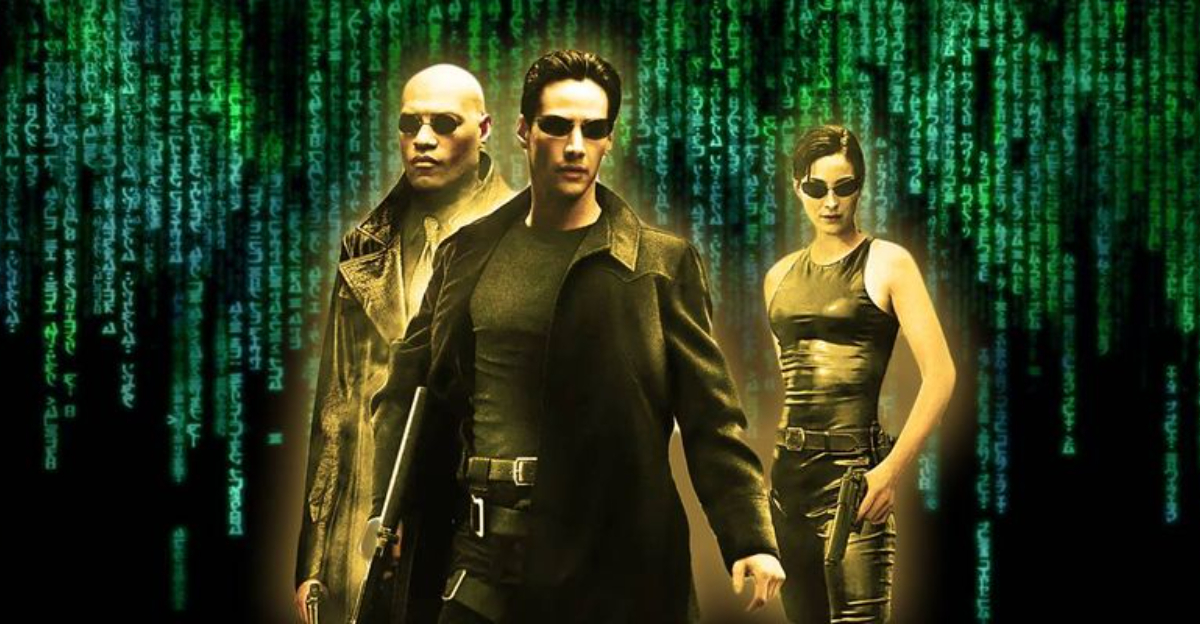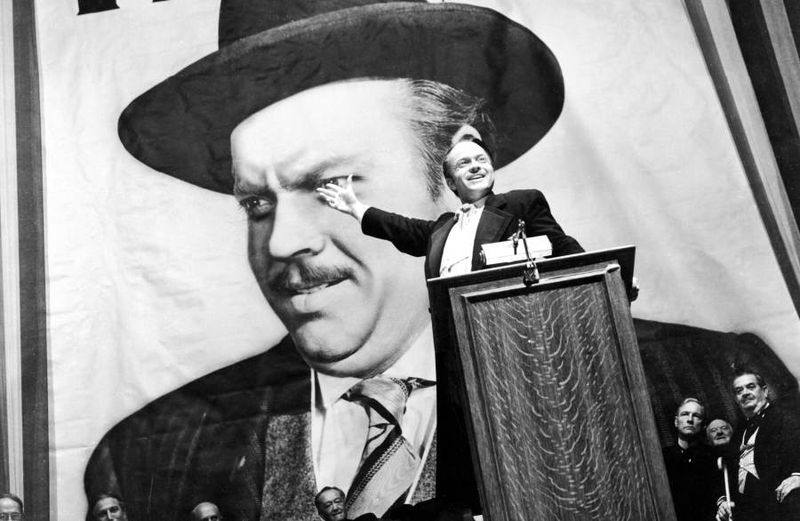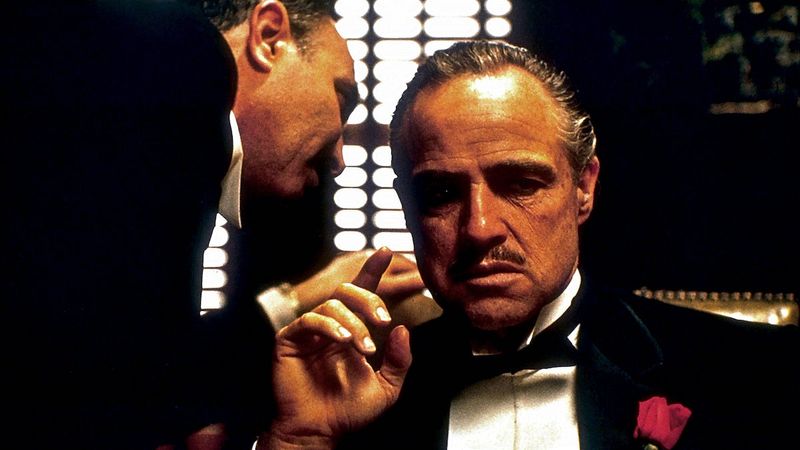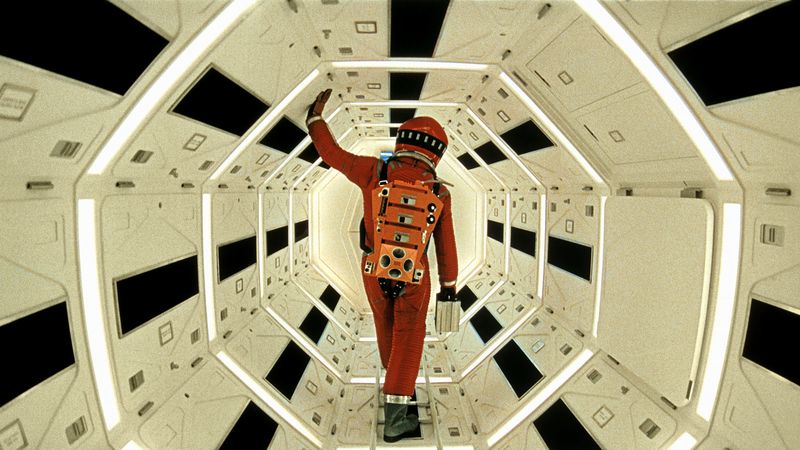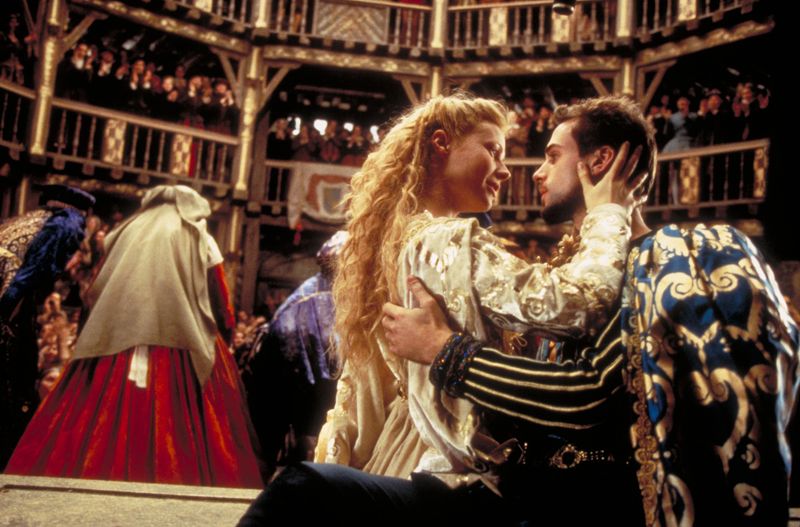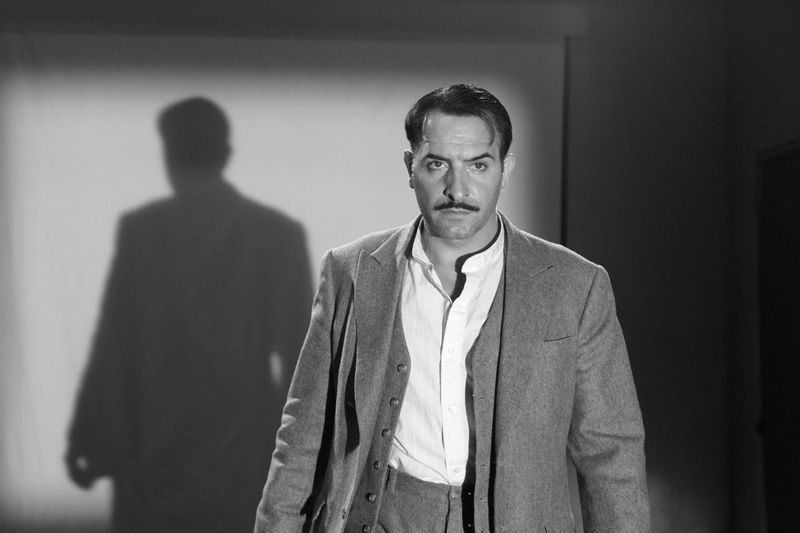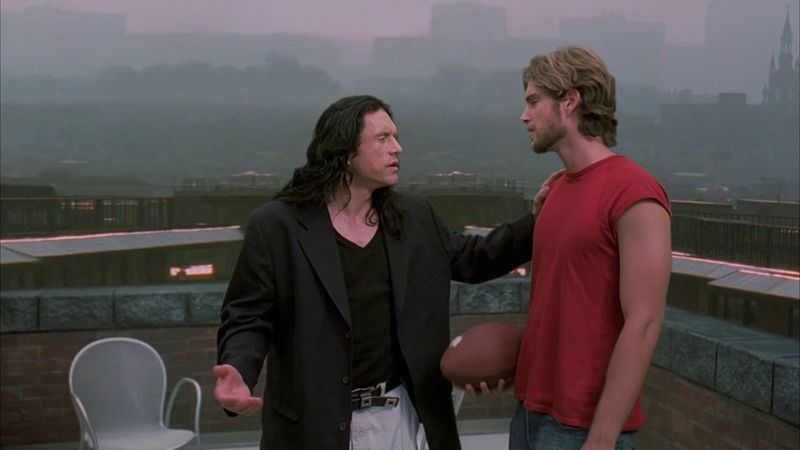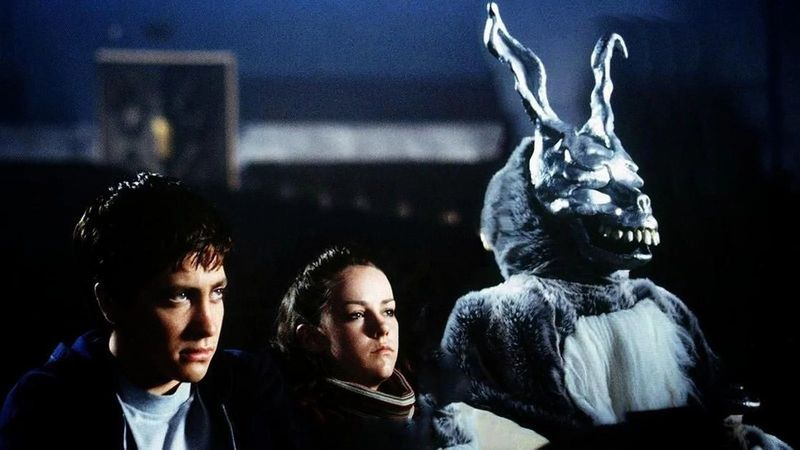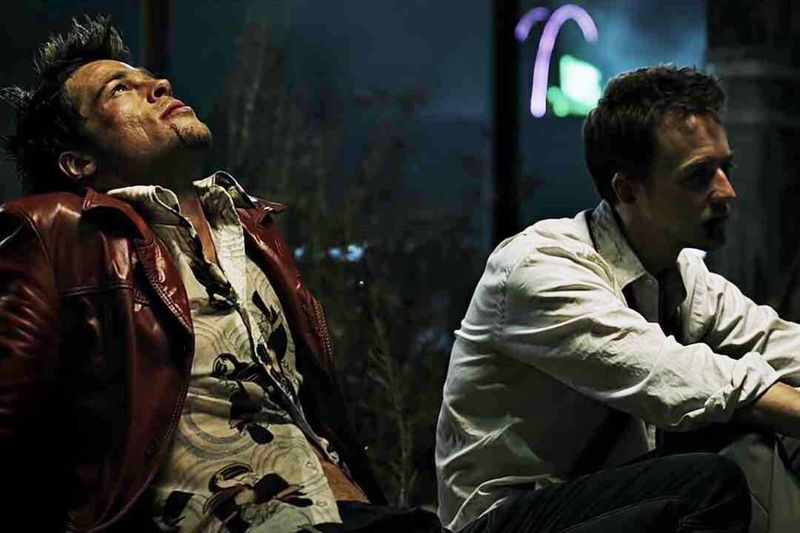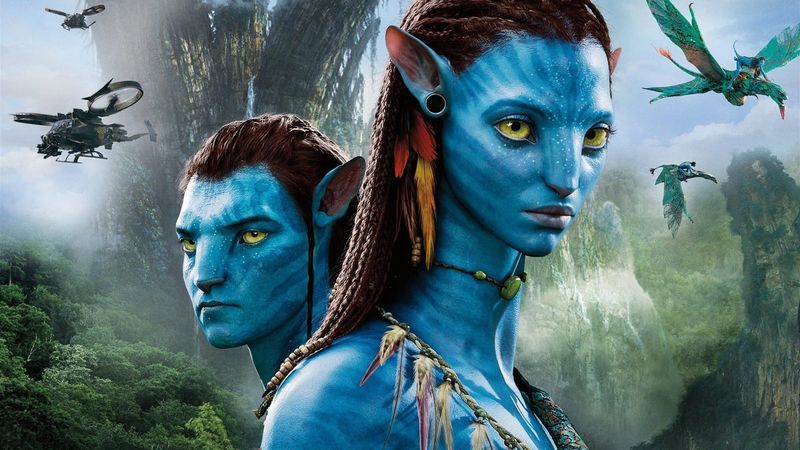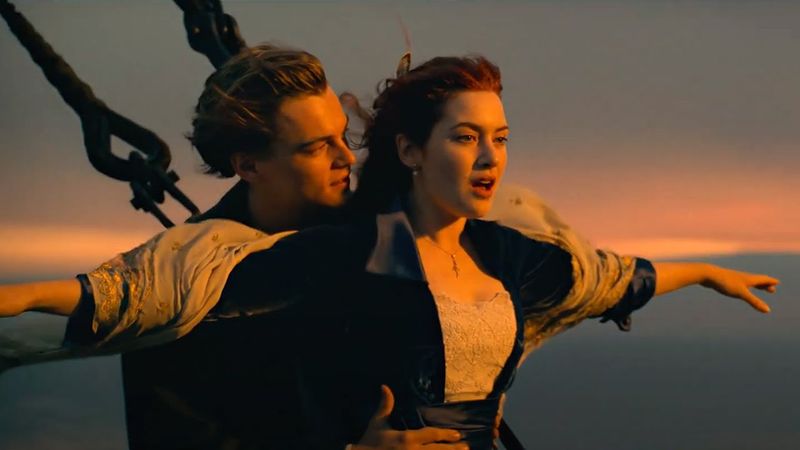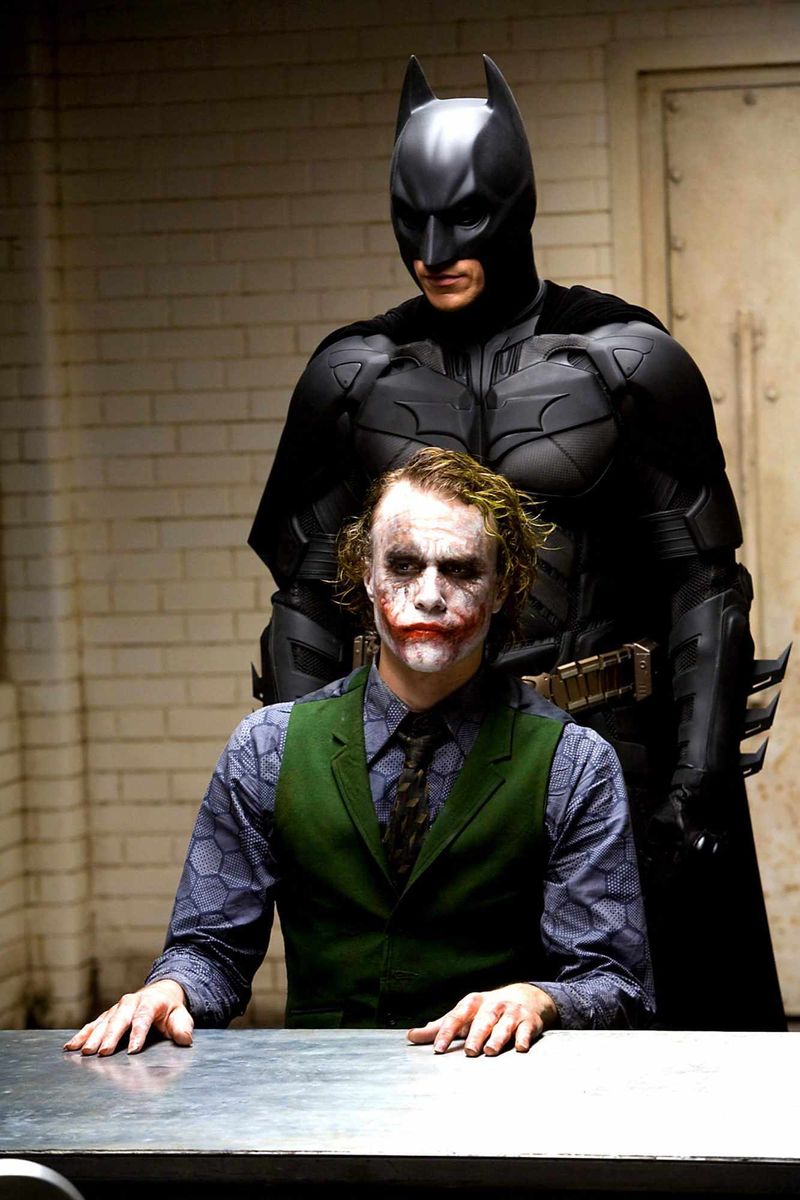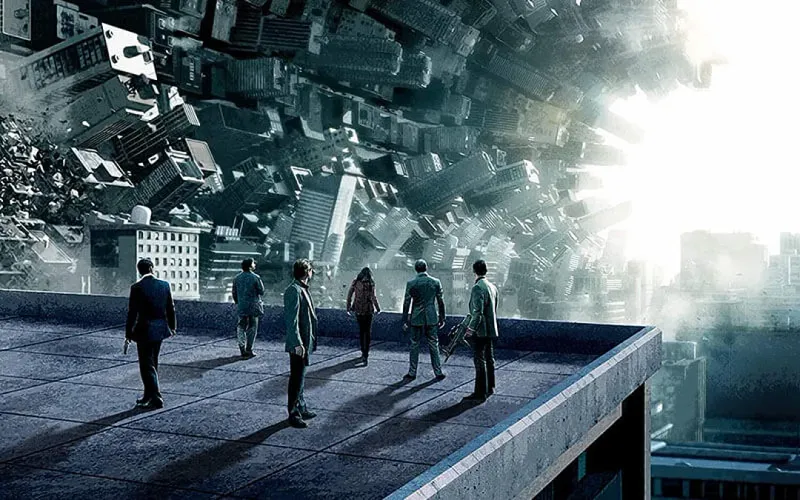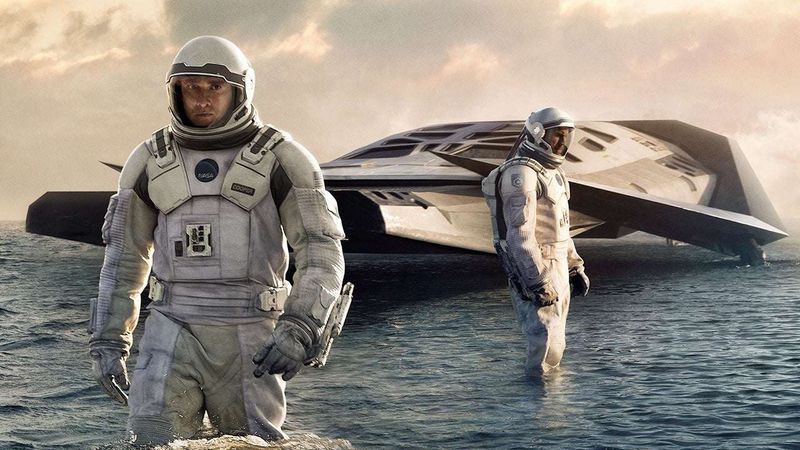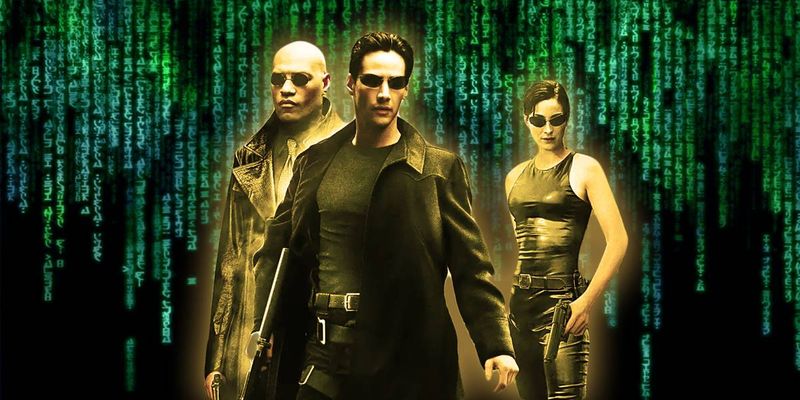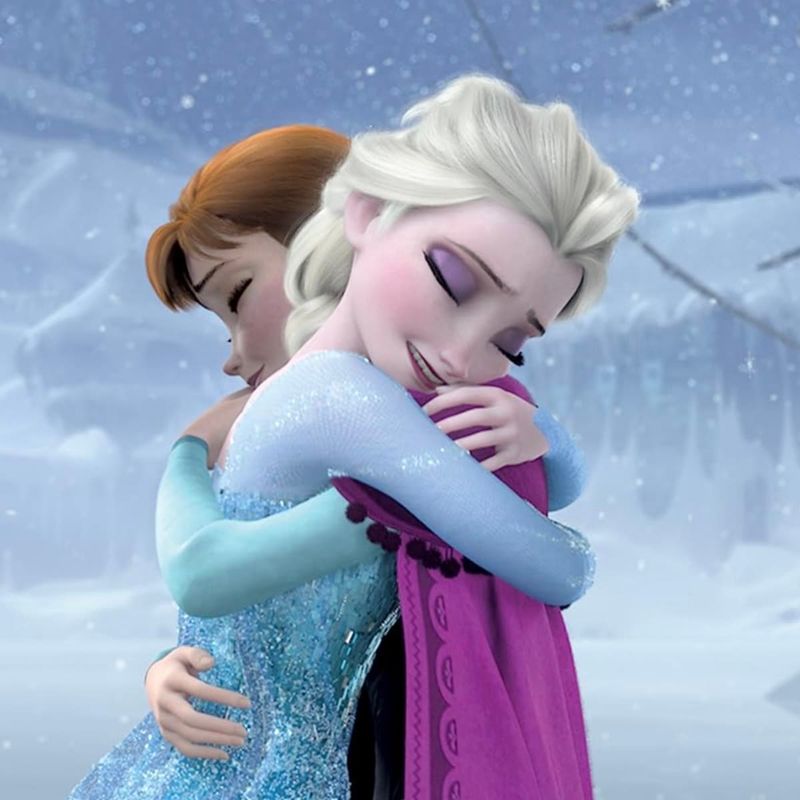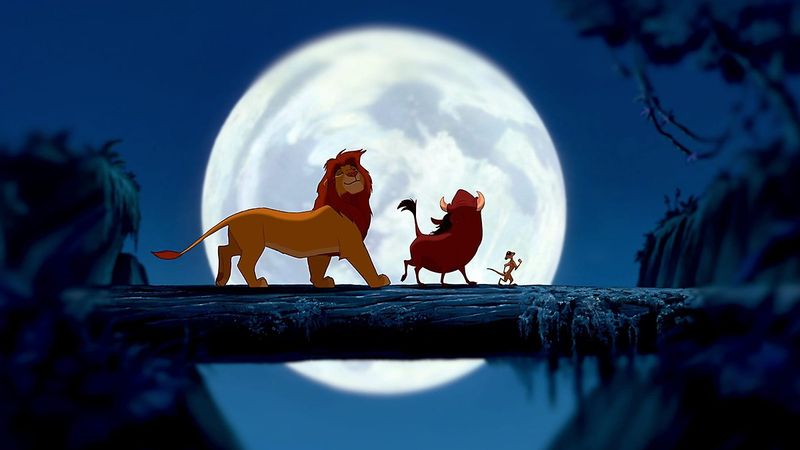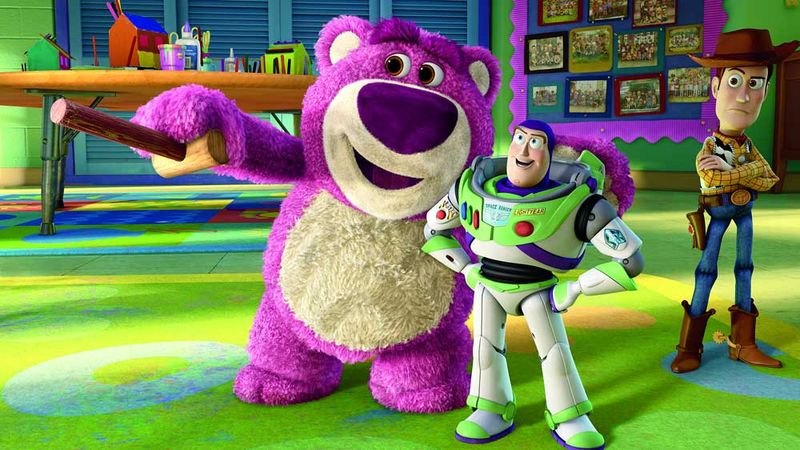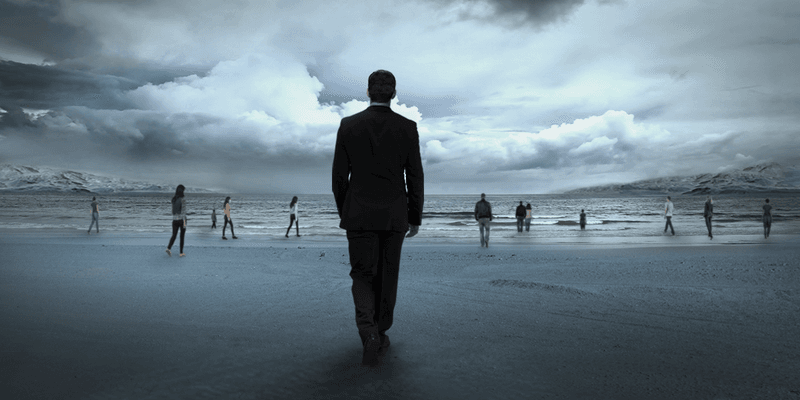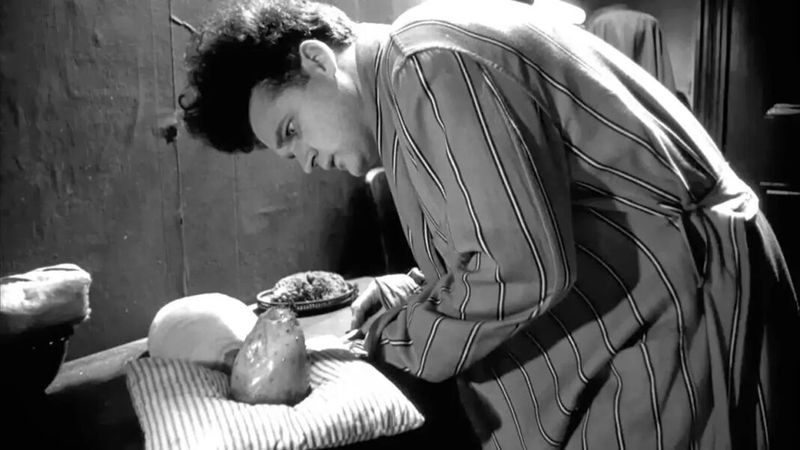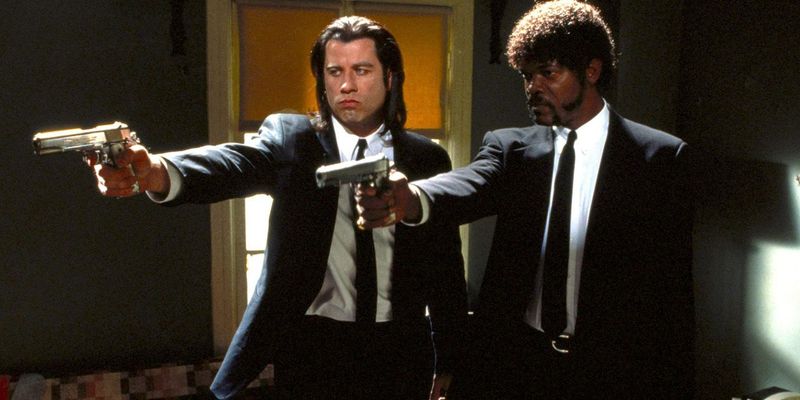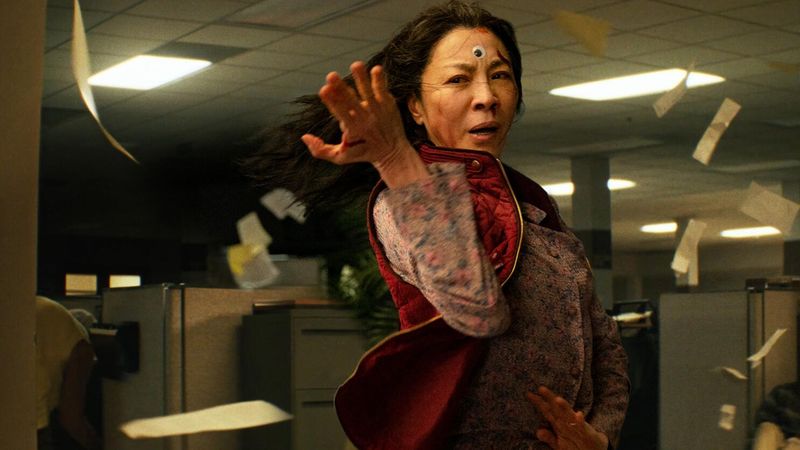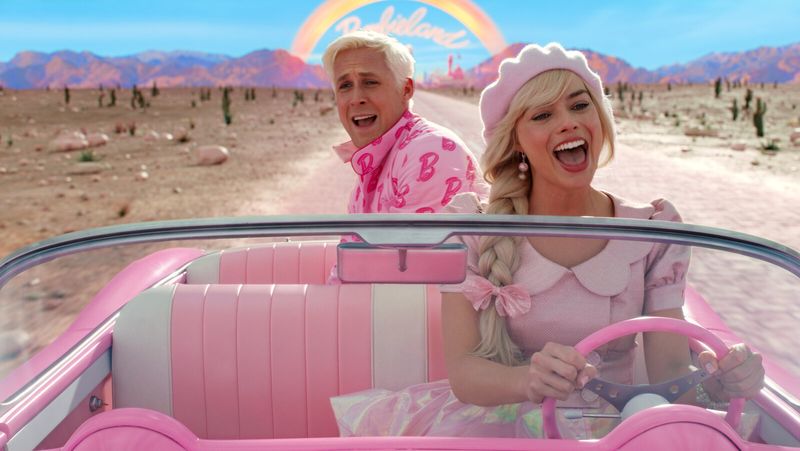Movies have the power to captivate and inspire, but sometimes, certain films receive more praise than they might deserve. Whether driven by nostalgia, cultural significance, or artistic merit, the following 23 movies are often hailed as masterpieces. However, when scrutinized, they reveal themselves to be a mix of technical achievements and overrated storytelling. Here, we explore these films to understand why they have been placed on a pedestal and whether that praise is truly warranted.
1. Citizen Kane (1941)
Citizen Kane is often celebrated as the greatest film ever made, largely due to its groundbreaking technical achievements. Orson Welles’ portrayal of Charles Foster Kane explores the emptiness of wealth and power. Despite its critical acclaim, viewers frequently find the film slow and pretentious. The complex narrative structure and innovative cinematography were revolutionary, yet the film’s pacing challenges modern audiences. Often, appreciation for Citizen Kane is more about its historical significance than genuine enjoyment. For many, it’s a classic more admired than loved. Its legacy remains, but its entertainment value is debatable.
2. The Godfather (1972)
The Godfather is a cornerstone of cinema, revered for its storytelling and performances, particularly by Marlon Brando and Al Pacino. Yet, beyond its iconic status, many viewers confess they find it challenging to sit through its nearly three-hour runtime. While its themes of family, power, and betrayal are compelling, they don’t always translate to entertainment. The film’s cultural significance often overshadows personal enjoyment, with some admitting they profess love for The Godfather more for its prestige than personal preference. Its influence on film is undeniable, but entertainment-wise, it divides opinions.
3. 2001: A Space Odyssey (1968)
2001: A Space Odyssey is hailed as a visual masterpiece with stunning effects that still impress today. Stanley Kubrick’s ambitious exploration of humanity’s evolution captivates some, yet leaves others perplexed by its slow pace and abstract storytelling. Its iconic scenes, like the monolith and spinning spacecraft, are often used to tout its genius, but not everyone finds the film engaging. While its philosophical themes and groundbreaking visuals are lauded, viewers frequently feel disconnected from its cold, distant narrative. It’s a film that divides audiences between awe and bewilderment.
4. Shakespeare in Love (1998)
Shakespeare in Love surprised many by winning Best Picture over Saving Private Ryan, sparking debates about its merit. The film presents a whimsical love story filled with clever nods to the Bard’s works. Despite its charm and wit, some argue it lacks the depth expected of an Oscar-winner. The romanticized portrayal of Shakespeare as a lovelorn playwright captures imaginations, yet feels more like a playful romp than a serious contender. While enjoyable, it’s often seen as lightweight, leaving audiences questioning its place among more substantial cinematic achievements.
5. Crash (2004)
Crash is infamous for its contentious Best Picture win, often criticized for its heavy-handed approach to racial issues. The film weaves interlocking stories of Los Angeles residents, aiming to provoke thought on prejudice and empathy. However, many find its narrative contrived, with overt moralistic tones overshadowing genuine character development. While it aspired to capture the complexity of human interactions, its execution left audiences divided. Some defend its ambition, but others see it as a shallow attempt at profundity. It’s remembered more for the controversy it sparked than its cinematic excellence.
6. The Artist (2011)
The Artist charmed audiences with its nostalgic tribute to early cinema, capturing the transition from silent films to talkies. Its whimsical approach and charismatic performances earned it accolades, including an Oscar for Best Picture. Yet, beyond the novelty of its silent film style, some feel it lacks lasting impact. The film’s charm often hinges on gimmickry rather than substantial storytelling. Its homage to a bygone era resonates with cinema enthusiasts, but others question whether its praise stems from genuine admiration or appreciation for its daring retro concept.
7. The Room (2003)
The Room earned a cult status as “so bad it’s good,” often celebrated for its unintentionally hilarious moments. Directed by Tommy Wiseau, it features awkward dialogue and erratic performances. While some embrace its flawed nature as a form of entertainment, others find it unbearable to sit through. Its reputation thrives on midnight screenings and ironic enjoyment rather than genuine affection. The mystique surrounding its creation only adds to the allure, making it a spectacle more than a narrative. It’s beloved for its peculiarity, not necessarily for cinematic merit.
8. Donnie Darko (2001)
Donnie Darko mesmerizes with its dark, surreal tale, winning over young audiences seeking depth in its narrative. However, its allure often fades upon reevaluation, with many viewing it as perplexing rather than profound. The film’s exploration of time travel and mental health intrigues initially, yet the convoluted plot can leave viewers more confused than enlightened. Its cult following thrives on the film’s enigmatic atmosphere, though some argue it’s style over substance. While it holds a place in pop culture, its status as a masterpiece is frequently debated.
9. Fight Club (1999)
Fight Club, directed by David Fincher, captivates with its gritty depiction of consumerism and identity. Brad Pitt and Edward Norton deliver memorable performances, but the film’s underlying messages often get overshadowed by its violent, anarchic facade. Initially perceived as edgy and thought-provoking, its themes of rebellion and masculinity are sometimes lost amidst its chaotic narrative. While many quote its lines, few grasp the complexity of its critique on society. Its cultural impact endures, yet enjoyment often hinges on the viewer’s interpretation of its provocative content.
10. Avatar (2009)
Avatar dazzled with groundbreaking visuals and 3D technology, becoming a box office sensation. James Cameron’s epic set in Pandora captured attention with its vivid world-building. Yet, beyond the spectacle, its storyline draws criticism for being simplistic, echoing familiar themes of environmentalism and colonization. Despite its initial impact, the film’s cultural footprint feels faint, leaving some questioning its status as a cinematic milestone. The grandeur of its visuals contrasts with the lukewarm reception of its narrative, making it memorable more for technological achievements than storytelling prowess.
11. Titanic (1997)
Titanic captured hearts with its epic romance and tragic tale, solidifying its place in cinematic history. Leonardo DiCaprio and Kate Winslet’s performances, alongside stunning visuals, elevated its status. Yet, its lengthy runtime and melodramatic elements often draw critiques. While hailed as a masterpiece, some find it overblown, with portions of the film feeling like filler. Its emotional impact is undeniable, but the praise occasionally masks its flaws. The grandeur of its love story endures, though opinions diverge on whether it deserves its legendary status or if nostalgia drives its acclaim.
12. The Dark Knight (2008)
The Dark Knight revolutionized the superhero genre, largely due to Heath Ledger’s iconic portrayal of the Joker. Christopher Nolan’s direction brought a gritty realism to Gotham City, garnering praise for its depth and complexity. However, some argue that the film’s acclaim rests heavily on Ledger’s performance, overshadowing its imperfections. While its exploration of chaos and morality resonates, other elements, like its pacing, receive mixed reviews. Its cultural impact is significant, yet discussions often revolve more around the Joker than the film as a whole. A landmark film, albeit with caveats.
13. Inception (2010)
Inception captivated audiences with its mind-bending narrative and visual flair. Christopher Nolan’s exploration of dreams within dreams intrigued viewers, although its complexity left some puzzled. The film’s intricate plot and stunning effects are lauded, but repeated viewings reveal inconsistencies and plot holes. While initially hailed as genius, its intricacies can feel overly convoluted. Its impact on popular culture is evident, yet its reception varies based on individual interpretations. It’s a film that challenges perceptions, celebrated for its ambition but sometimes critiqued for its execution.
14. Interstellar (2014)
Interstellar offers awe-inspiring visuals and a profound exploration of love and sacrifice. Christopher Nolan’s ambitious tale journeys through space and time, captivating with its scope. Yet, its emotional beats occasionally feel forced, and its scientific accuracy sparks debate. While the film’s ambition is commendable, some find its narrative disjointed, overshadowed by spectacle. Its philosophical musings resonate with audiences, yet opinions divide over its execution. Despite its flaws, Interstellar’s visual and emotional experience remains memorable, securing its place as a thought-provoking, albeit contentious, cinematic voyage.
15. The Matrix (1999)
The Matrix reshaped science fiction with its groundbreaking special effects and philosophical undertones. Keanu Reeves stars as Neo, navigating a simulated reality, which captivated audiences with its innovative action sequences. Yet, its sequels diluted its impact, and the philosophical themes feel surface-level upon closer inspection. While its influence on pop culture is undeniable, some argue that its legacy is more about style than substance. Its questions about reality and choice remain intriguing, though enjoyment often hinges on nostalgia and its initial novelty rather than enduring depth.
16. Frozen (2013)
Frozen enchanted audiences with its catchy songs and heartwarming story of sisterly love. “Let It Go” became an anthem, propelling the film to cultural phenomenon status. However, its narrative simplicity and plot inconsistencies occasionally draw criticism. While praised for its empowering themes and animation, some find it overrated, with its acclaim stemming more from its soundtrack than storytelling. Its charm endures, but the film’s legendary status often overshadows its shortcomings. Despite mixed opinions, Frozen’s impact on animated films and popular culture is undeniable, securing its place in Disney’s pantheon.
17. The Lion King (1994)
The Lion King is celebrated for its animation and music, drawing parallels to Shakespeare’s Hamlet. Simba’s journey from cub to king resonates with audiences, yet some argue its status as an untouchable classic is overstated. While the film’s emotional impact is powerful, its narrative simplicity and occasional clichés are points of contention. Its cultural significance remains strong, with songs like “Circle of Life” leaving a lasting legacy. The Lion King holds a cherished place in Disney’s history, though debates continue over whether nostalgia elevates its reputation beyond its merits.
18. Toy Story 3 (2010)
Toy Story 3 concluded the beloved trilogy with a poignant tale of friendship and change. Woody, Buzz, and the gang face new challenges as Andy leaves for college, striking an emotional chord. Despite its touching farewell, some fans believe the first two films were superior in storytelling and humor. While its heartfelt ending is applauded, the film’s darker tones and plot choices receive mixed reactions. Its emotional resonance is evident, but opinions differ on whether it surpasses its predecessors. Nonetheless, it remains a significant part of Pixar’s legacy, cherished for its impact.
19. Tree of Life (2011)
Tree of Life offers a visual and philosophical journey through time, exploring themes of existence and family. Directed by Terrence Malick, its ethereal cinematography captivates, yet its abstract narrative divides viewers. The film’s introspective nature and fragmented storytelling are admired, though some find it self-indulgent and inaccessible. While celebrated for its ambition, its slow pacing and lack of conventional plot challenge mainstream appeal. It’s a film that resonates with those seeking depth, but others view it as an artistic exercise rather than an engaging narrative. A divisive masterpiece, both revered and questioned.
20. Eraserhead (1977)
Eraserhead, David Lynch’s debut feature, mesmerizes with its surreal, disturbing imagery. Its tale of fatherhood and existential dread captivates some, yet confounds others with its abstract narrative. The film’s nightmarish vision unfolds in an industrial setting, challenging viewers with its unsettling atmosphere. While admired for its unique style and audacity, it often leaves audiences perplexed, prompting more questions than answers. Its influence on surrealist cinema is undisputed, yet enjoyment varies greatly. For some, it’s a cult classic; for others, an inscrutable oddity. It’s appreciated for its boldness, not necessarily for clarity.
21. Pulp Fiction (1994)
Pulp Fiction revolutionized storytelling with its non-linear narrative and sharp dialogue. Quentin Tarantino’s film intertwines lives in a stylish, violent dance, captivating audiences with its unique flair. While celebrated for its innovation, some find the film uneven, with certain scenes dragging. Its cultural impact and quotable lines endure, yet opinions diverge on its pacing and coherence. The film’s eclectic mix of humor and violence intrigues, though its episodic structure polarizes viewers. Despite criticisms, Pulp Fiction remains influential, a testament to its boldness and originality, though not without its detractors.
22. Everything Everywhere All at Once (2022)
Everything Everywhere All at Once dazzles with its inventive storytelling and multiverse concept, starring Michelle Yeoh. The film’s chaotic yet heartfelt exploration of family and identity captivates audiences seeking something fresh. However, its frenetic pace and quirky narrative can be overwhelming, leaving some feeling it lacks cohesion. While praised for creativity and ambition, it occasionally struggles with balancing its complex themes. Its acclaim as a groundbreaking masterpiece meets mixed reactions, with some embracing its uniqueness and others questioning its depth. Despite varied opinions, its boldness in storytelling is undeniable.
23. Barbie (2023)
Barbie, starring Margot Robbie, offers a playful yet insightful take on femininity and identity. The film’s vibrant visuals and satirical humor entertain, while exploring contemporary themes. Despite its entertainment value, some argue its cultural impact is overstated, with its messages feeling more like clever commentary than profound insight. While it resonates with audiences for its fun approach, others feel its status as a cultural milestone is exaggerated. Its charm and creativity are evident, yet opinions vary on its depth. Nevertheless, Barbie remains a colorful, thought-provoking journey through modern society.
